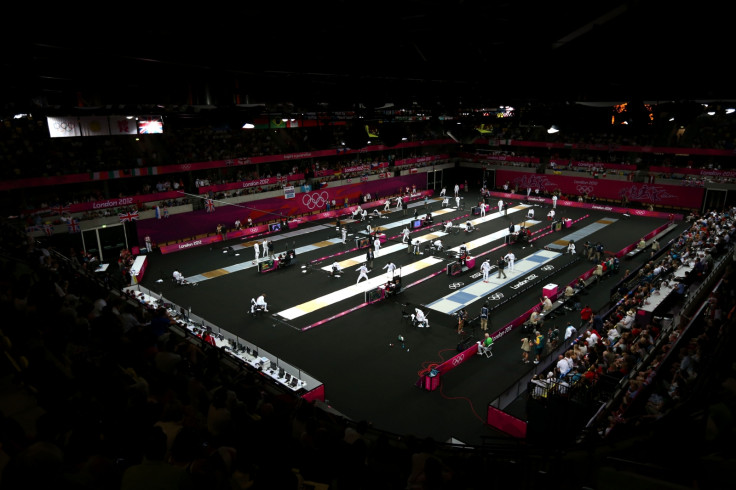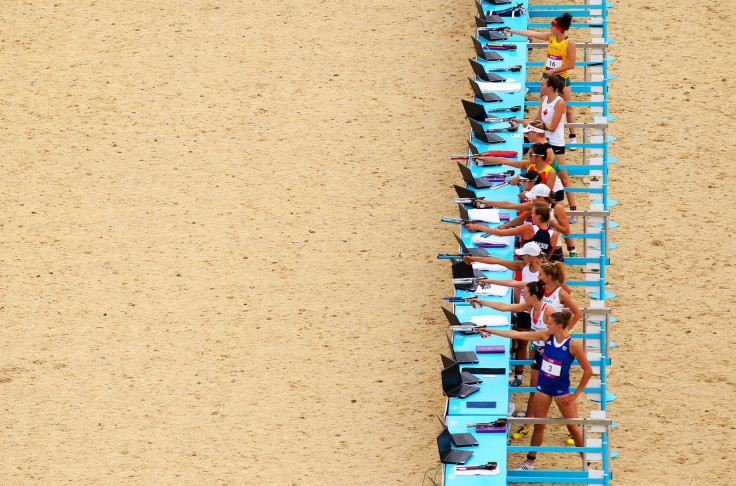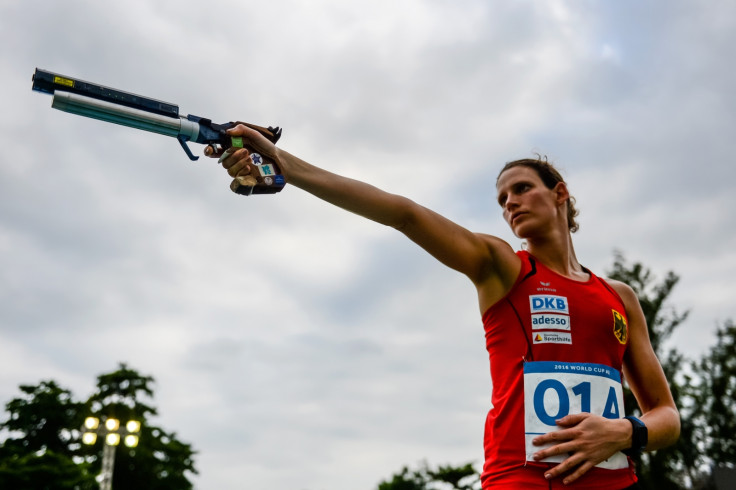Rio 2016 Olympics modern pentathlon: All you need to know ahead of the event
The five-discipline event tests athletes to their fullest over three days of competition.
The five disciplines of the modern pentathlon derive from the experience of a 19th-century soldier and the event was devised specifically for the Olympic Games by founder Pierre de Coubertin. The multi-discipline event has been included in every games since 1912, with a women's event introduced in 1952. A team event was briefly held up until 1992 before being scrapped. Hungary are the most successful nation in the sport having won 22 medals including eight golds.
Rules/Format
Male and female athletes compete in five events; swimming, fencing, riding, shooting and running. The points they accumulate throughout the first four events are converted into time for the final one, which is a 3.2km run, where the first three finishers claim the medals.
A preliminary fencing round sees all 36 athletes face each other over one-minute rounds, with one strike enough to secure six points. A win rate of 70% or above sees 250 points added to their score. The swimming is held over 200m with athletes are permitted to swim any stroke. A time of two minutes and 30 seconds wins an athlete 250 points, with any third of a second below or over this that earning or losing a point.
The fencing is held as a knock-out competition, using the most recent ranking event to arrange the draw with the best opponent taking on the weakest. Rounds last 45 seconds with points gained for each victory and the opportunity to double your score. Points are not lost in the event of a defeat.
The third event sees athlete randomly allocated horses to jump over 12 obstacles. Each athlete starts with 300 points, but that can be reduced if the course is not completed within the designated time or if obstacles are damaged during the run.

Events four and five are combined, with athletes completing a 3.2km course, with shooting stages containing five targets at 800m intervals. Competitors set off on staggered starts – a one-point advantage is equivalent to one second – based on the points accumulated during the previous rounds. The athlete who completes the course and hits all the laser targets first is declared the Olympic champion, though at least 500 points are awarded to the athlete who finishes inside 13 minutes and 20 seconds.
Key terms
Épée: As oppose to foil or sabre, the type of fencing which is used in the competition where body contact is permitted.

Handicap start: The process by which athletes start the final combined event depending on the points accumulated in previous rounds.
Athlete to watch:
Lena Schöneborn: Though not the defending champion, the German's Olympic and World Championship pedigree makes her a strong contender for gold. Having prevailed eight years ago in Beijing, things did not go to plan for her defence, as she finished nearly 300 points adrift of the podium places. Sixteen world championship medals, including individual gold from 2015, make her a force to be reckoned with.

Venues:
Deodoro Aquatics Centre: The 2,000-seater venue has a temporary stand for spectators which will be taken down after the games. The pool will be used as a training venue for athletes thereafter.
Youth Arena: Supplemented by temporary seats, the fencing competition will be held at the heart of the Deodoro area. The indoor arena will also host the basketball competition at Rio 2016 and the wheelchair fencing event at the Paralympics.
Deodoro Stadium: Another temporary venue on the site of the Olympic Park will host both the riding and combined events. With a capacity of over 15,000, a real atmosphere can be created at the open-air site which will also host the rugby sevens competition and the seven-a-side football event at the Paralympics.
Schedule
Thursday 18 August: Women's and men's classification round – fencing
Friday 19 August: Women's swimming, fencing, riding and combined event
Saturday 20 August: Men's swimming, fencing, riding and combined event
© Copyright IBTimes 2025. All rights reserved.




















